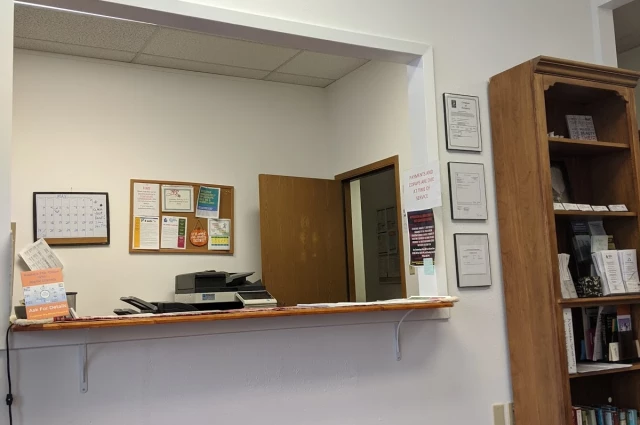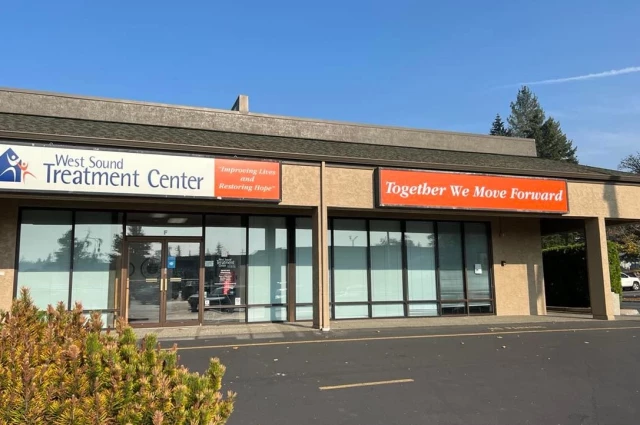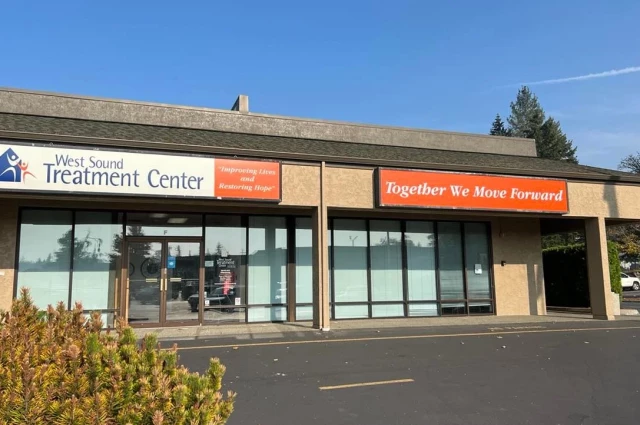West Sound Treatment Center Information
Treatment
Who We Treat
- Young Adults (18–25)
- Male and Female
Approaches
- 12-Step-Based
- Twelve Step
- Group Therapy
- Cognitive Behavioral Therapy (CBT)
- Motivational Interviewing
- 1-on-1 Counseling
- Online Therapy
- Life Skills Training
- Relapse Prevention Counseling
Conditions We Treat
- Trauma
- Gambling
Languages
- English
Aftercare
- Outpatient Treatment
- Recovery Coach
- Intensive Outpatient Program
- Employment Counseling
- Continuing Care
- Employment/Vocational Counseling
- Support Meetings
Level of Care
- Outpatient
- Sober Living
- Aftercare/Continuing Care
Experience
Smoking and Vaping Policy
- Smoking Allowed in Designated Areas
- Vaping Allowed in Designated Areas
Accreditations
-
State department of health
Government agencies issue State Licenses, which grant rehabilitation organizations permission to conduct their operations lawfully within specific geographic regions. Licenses needed to operate are typically determined by the type of rehabilitation program offered by the facility and its physical location.

-
Federally Qualified Health Center
Federally Qualified Health Center (FQHC) accreditation is a process of evaluation and recognition by the federal government for community health centers that provide comprehensive and accessible healthcare services to underserved populations. FQHC accreditation is essential for centers to receive federal funding and to ensure that they meet standards for quality, patient-centered care.
-
SAMHSA certification for opioid treatment program (OTP)
Accreditation by the Substance Abuse and Mental Health Services Administration (SAMHSA) for Opioid Treatment Programs (OTPs) signifies that a program has met strict standards for providing high-quality care to individuals with opioid use disorders. It assures patients, families, and communities that the OTP follows evidence-based practices, employs qualified staff and maintains a safe and effective treatment environment. This accreditation reflects the program's commitment to addressing the opioid epidemic and promoting recovery.
West Sound Treatment Center Accepts The Following Insurance Plans
Find the best treatment options. Call our free and confidential helpline today!





